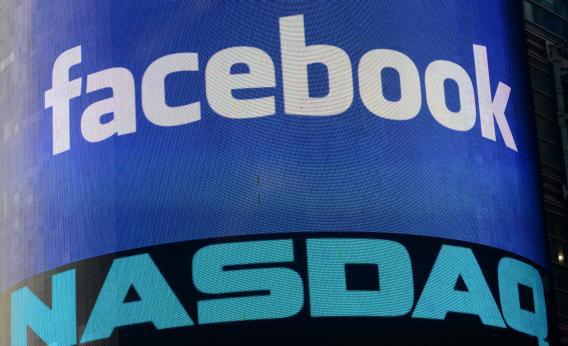Since late last month, Facebook users have been posting a legal-sounding “privacy notice.” By putting the notice on their timelines, they hope, they will become exempt from the terms and conditions of Facebook’s “Data Use Policy,” which users agree to upon initially signing up.
Unfortunately, that couldn’t be further from the truth. As the urban-legend-debunking site Snopes explains, “[T]he basic premise is false.”
“We have noticed this recent status update that is being widely shared implying the ownership of your Facebook content has recently changed,” Alex Kirschner, a member of Faceook’s PR team, told me. “This is not true and has never been the case.”
While there are some variations, most of the warnings look like this:
For those of you who do not understand the reasoning behind this posting, Facebook is now a publicly traded entity. Unless you state otherwise, anyone can infringe on your right to privacy once you post to this site. It is recommended that you and other members post a similar notice as this, or you may copy and paste this version. If you do not post such a statement once, then you are indirectly …allowing public use of items such as your photos and the information contained in your status updates.
PRIVACY NOTICE: Warning - any person and/or institution and/or Agent and/or Agency of any governmental structure including but not limited to the United States Federal Government also using or monitoring/using this website or any of its associated websites, you do NOT have my permission to utilize any of my profile information nor any of the content contained herein including, but not limited to my photos, and/or the comments made about my photos or any other “picture” art posted on my profile.
You are hereby notified that you are strictly prohibited from disclosing, copying, distributing, disseminating, or taking any other action against me with regard to this profile and the contents herein. The foregoing prohibitions also apply to your employee, agent, student or any personnel under your direction or control.
The contents of this profile are private and legally privileged and confidential information, and the violation of my personal privacy is punishable by law. UCC 1-103 1-308 ALL RIGHTS RESERVED WITHOUT PREJUDICE
There are a number of inaccuracies here. Facebook became a publicly traded company last month, but that change has no bearing on how the social network treats user information. Facebook is still bound to the terms and conditions signed by users, even if the actual contents of the contract are usually left unread. The company is also required to provide notification regarding any significant changes to this agreement.
Additionally, the Uniform Commercial Codes cited at the end of the post, “UCC 1-103 1-308” is completely unrelated to privacy or social networking, making its inclusion irrelevant.
This is hardly from the first time such false disclaimers promising legal immunity have spread across the Web. In the late 1990s, file sharing sites began posting “code 431.322.12” of the fictitious “Internet Privacy Act,” to claim immunity from law enforcement.
If you really want to protect your privacy rights, there is a much better way to take action. From now until June 8 (at 9 a.m. PDT), Facebook has invited its 901-million-strong* user base to vote on the latest round of privacy policy revisions, which were formulated before the company went public.
But there’s a caveat: “If more than 30% of all active registered users vote, the results will be binding. If turnout is less than 30%, the vote will be advisory,” Vice President Elliot Schrage said in a post in the Facebook Newsroom.
This is the second time the company has allowed its public to shape site policy. The first occurred in 2009, when Facebook was privately held and boasted “only” 200 million users.
Correction, June 5, 2012: This item originally and incorrectly stated that Facebook has 1 billion users. It currently has 901 million members and is projected to reach 1 billion in August 2012.
